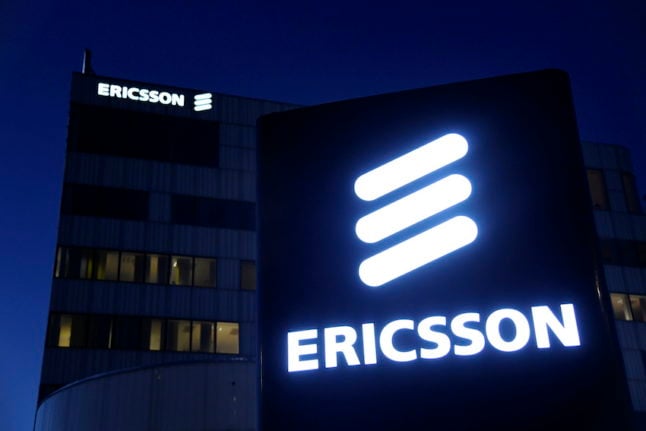Swedish prosecutors have also opened an inquiry into the alleged IS payments, a case that has forced the company to vow an overhaul of its compliance oversight after the claims emerged last year.
US prosecutors had already imposed $1 billion in penalties in 2019 to close corruption cases in Djibouti, China, Vietnam, Indonesia and Kuwait, after Ericsson agreed to a so-called deferred prosecution agreement (DPA).
But last year, an investigation coordinated by the International Consortium of Investigative Journalists (ICIJ) revealed that an internal inquiry at Ericsson had also found suspected payments to IS jihadists in Iraq between 2011 and 2019 — a period covered by US prosecution deal.
In a statement late Thursday, Ericsson said it had entered “a guilty plea regarding previously deferred charges relating to conduct prior to 2017,” for not disclosing its inquiry to the US authorities.
“The entry of the plea agreement will bring the 2019 DPA to an end,” it said.
The company had warned of the likely fine in January, setting aside 2.3 billion kronor ($220 million) in its fourth-quarter accounts to cover the cost.
Ericsson noted Thursday that since its deal with the US Department of Justice (DOJ), prosecutors had “not alleged or charged” the company with any new criminal conduct, saying the new fine related only to a failure to disclose documents to the DOJ in a timely manner.
‘Broken promises’
“This resolution is a stark reminder of the historical misconduct that led to the DPA,” Ericsson’s chief executive Börje Ekholm said in the statement. “We have learned from that and we are on an important journey to transform our culture.”
In a separate statement, the DOJ said Ericsson had “breached the DPA by violating the agreement’s cooperation and disclosure provisions.”
“Ericsson repeatedly failed to fully cooperate and failed to disclose evidence and allegations of misconduct in breach of the agreement,” Assistant Attorney General Kenneth A. Polite, Jr, was quoted as saying. “As a result of these broken promises, Ericsson must plead guilty to two criminal offences and pay an additional fine.”
The resolution of the issue was nonetheless received positively by investors, with Ericsson shares rising more than 3 percent in early trading on the Stockholm Stock Exchange.
The telecom giant, which is locked in a battle with Finland’s Nokia and China’s Huawei to supply 5G network equipment, had already posted a 17 percent drop in net profit to 19.1 billion kronor ($1.8 billion) for 2022.
The disappointing earnings came as operators slow spending on rolling out the latest 5G networks due to the global economic slowdown and rising inflation.
Ericsson, which had a total of 105,000 employees at the end of 2022, also announced last week that it would slash 8,500 jobs worldwide as part of a cost-cutting programme.



 Please whitelist us to continue reading.
Please whitelist us to continue reading.
Member comments